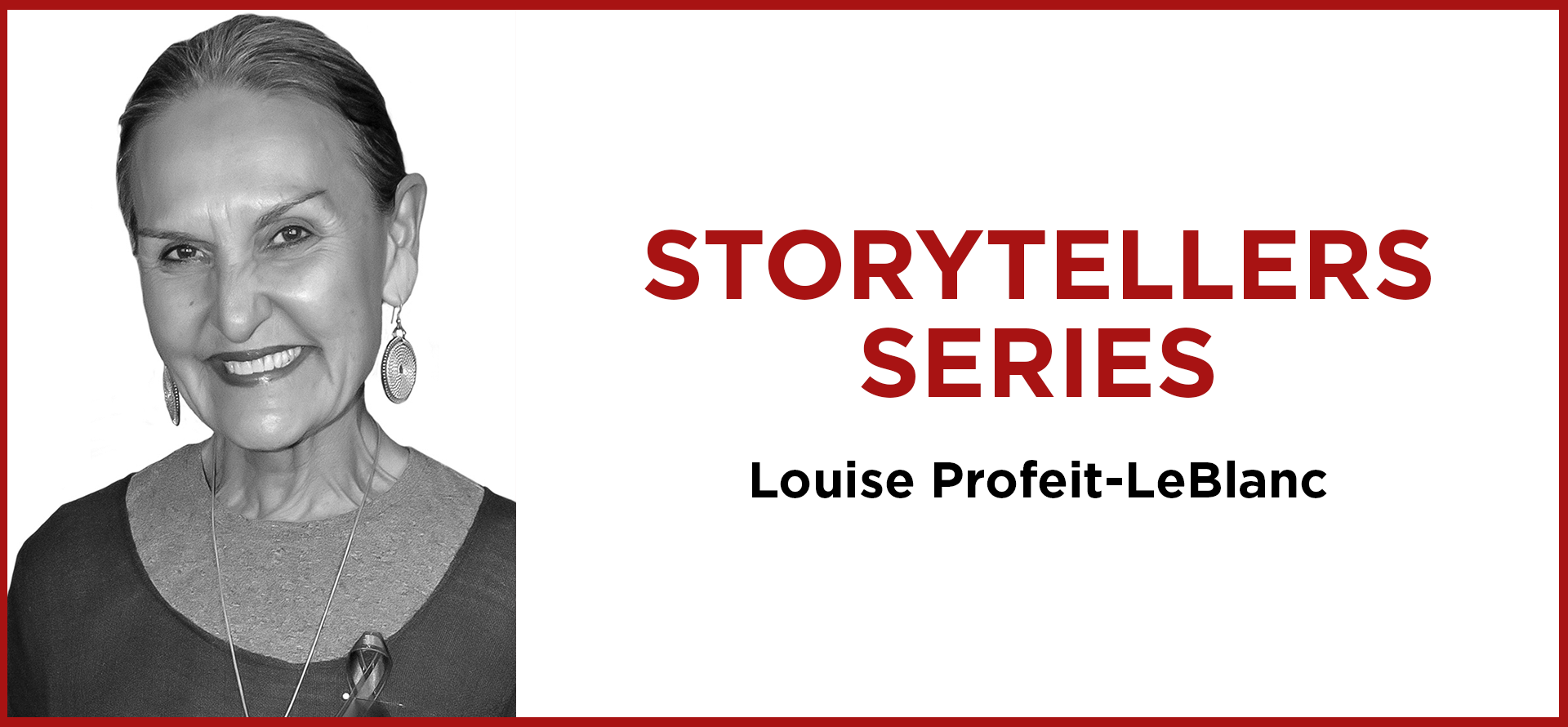In the tapestry of human experience, narratives serve as the threads that weave together the diverse struggles, aspirations, and triumphs of cultures worldwide. Among those threads are the stories of Indigenous peoples, whose rich histories and profound wisdom have much to teach us. In “Stories of Our First Peoples,” we have the opportunity to delve into the artistry of storytelling through a dialogue with Louise Profeit-LeBlanc, an esteemed voice in the realm of Indigenous storytelling. This article will explore Bahá’í teachings alongside Profeit-LeBlanc’s insights, examining how these narratives can illuminate the principles of unity, diversity, and community that are central to the Bahá’í Faith.
So, what can we learn if we consider Indigenous narratives through the lens of Bahá’í teachings? This playful inquiry beckons us to contemplate the manner in which these stories—and the wisdom embedded within them—can offer profound reflections on the nature of humanity and our interconnectedness.
At the heart of Bahá’í teachings lies the principle of the oneness of humanity. This is a concept that resonates deeply within Indigenous stories. Profeit-LeBlanc’s narratives often encapsulate themes that emphasize the interconnectedness of all living beings. Her tales are not merely entertainment; they function as vehicles of cultural transmission and repositories of societal values. When an individual listens to these stories, they are invited into a realm of shared experiences, fostering empathy and understanding that transcends geographic and cultural divides.
Storytelling has always been an intrinsic part of Indigenous cultures, serving both social and educational functions. Through Prominent storytelling methods—vivid imagery, allegory, and communal involvement—audiences are engaged actively, often stimulating a deeper understanding of the complexities of life. In many ways, this mirrors the Bahá’í approach to knowledge and spiritual education. The Bahá’í teaching encourages inquiry and active participation, establishing a significant overlap between the two traditions. How can we blend these traditions to create a more inclusive dialogue that honors both Indigenous wisdom and Bahá’í principles of unity?
Profeit-LeBlanc’s work exemplifies the vision of Bahá’u’lláh— the founder of the Bahá’í Faith—who articulated that “the earth is but one country, and mankind its citizens.” This sentiment encapsulates a fundamental belief that diversity, whether through ethnicity, culture, or mode of expression, enriches the global human fabric. Yet, this richness often faces challenges in contemporary society, particularly as stories rooted in Indigenous experiences struggle against the dominance of mainstream narratives.
Furthermore, Profeit-LeBlanc addresses the challenge of representation. In her storytelling, she reveals hidden truths and often marginalized perspectives, challenging listeners to confront the prevailing narratives that have historically rendered Indigenous voices invisible. The Bahá’í Faith likewise teaches that to uphold justice, one must actively seek out and amplify the voices of those who have been silenced. When we engage with Indigenous stories, we are offered a transformative opportunity to bridge the gap in understanding—one that necessitates humility and a willingness to confront uncomfortable truths about our collective history.
As we navigate through Profeit-LeBlanc’s narratives, we encounter an intersection of oral traditions and the Bahá’í emphasis on spirituality and moral rectitude. Her stories are infused with values that promote respect for nature, communal responsibility, and the importance of maintaining harmony within oneself and the community. These virtues resonate with the Bahá’í call for the collective spiritual evolution of humanity and emphasize the need for personal and communal accountability; each individual plays a crucial role in fostering an environment of inclusivity and respect.
Moreover, Profeit-LeBlanc’s emphasis on the intergenerational transmission of knowledge aligns with the Bahá’í principle of education. Education is not merely a means of acquiring information but a holistic process that cultivates the moral and spiritual capacities of individuals, enabling them to contribute positively to society. As Bahá’ís champion the concept of education for all, particularly in marginalized communities, the wisdom contained in Indigenous narratives becomes an integral aspect of this educational paradigm. How can we further incorporate these narratives into educational systems to create a more profound connection with the land and respect for all cultures?
In examining storytelling as a medium for cultural and spiritual expression, one recognises the inherent power of narratives in shaping identity. Profeit-LeBlanc’s work serves as a reminder of the significance of stories in affirming one’s place within the community and society at large. The Bahá’í teachings underscore that one’s identity should not only emerge from individual experiences but also from a synthesis of collective wisdom, empathy, and understanding towards one another.
In conclusion, engaging with Louise Profeit-LeBlanc’s narratives allows allies to reflect on how storytelling can foster unity and appreciation for diversity, core tenets of the Bahá’í Faith. By listening, learning, and respecting the myriad facets of Indigenous experiences, we acknowledge the moral imperative to advocate for change, challenge existing biases, and promote equity. As we continue to explore these narratives and their profound implications, let us remember the words of `Abdu’l-Bahá, who encourages the pursuit of knowledge, understanding, and love towards humanity. The exploration of stories from our first peoples not only enriches our personal journeys but also serves as a beacon for a harmonious future.
